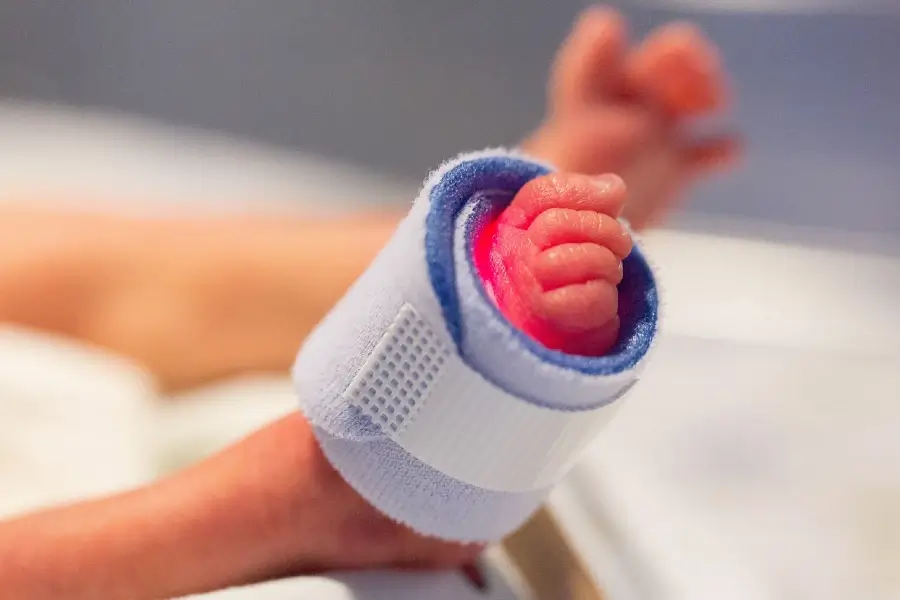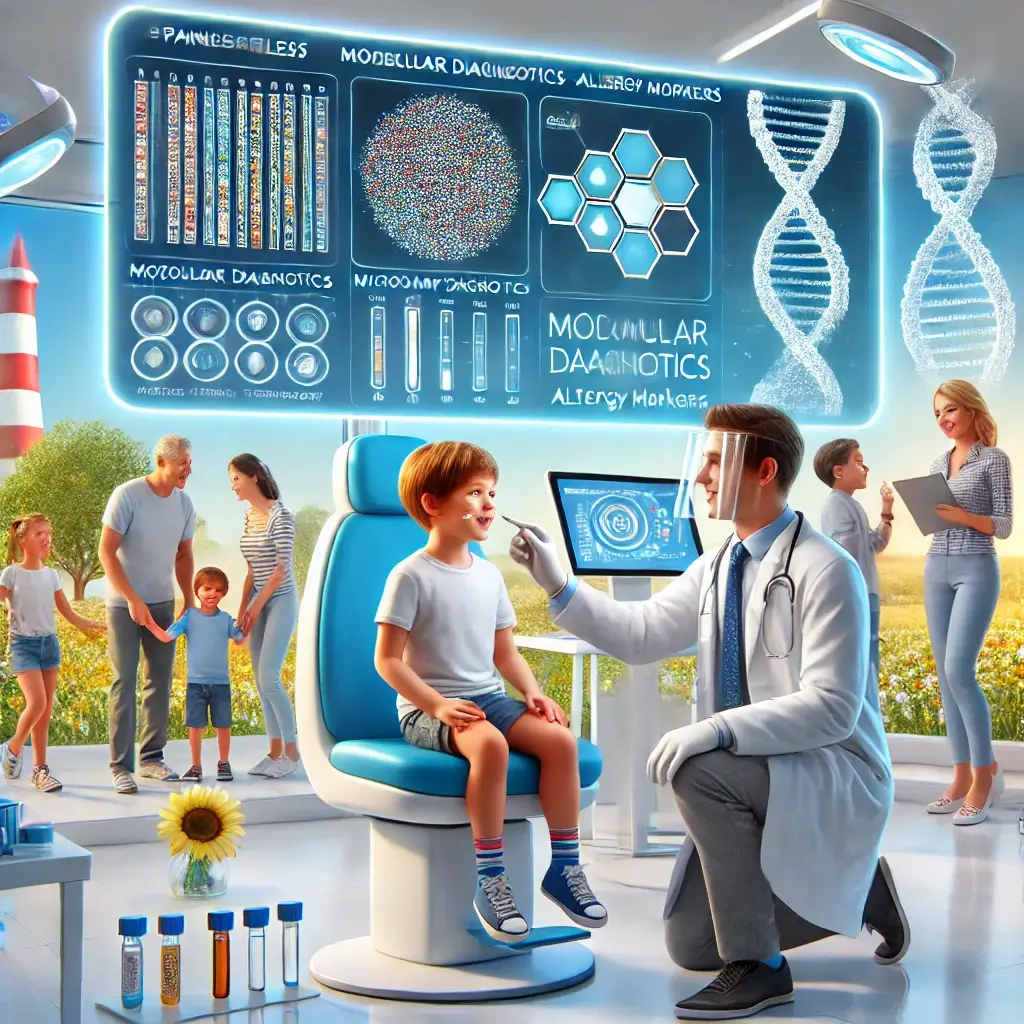Preemie Babies’ Risks from Probiotic Products Necrotizing Enterocolitis (NEC)
NEC is a subtle intestinal disease that affects approximately 25% of premature babies in the United States. Sometimes, NEC is fatal. Probiotics—which contain more beneficial bacteria than harmful ones—have long been used to prevent NEC in preemies. They may also strengthen their immune systems and protect them from sepsis and other deadly illnesses. Nonetheless, doctors are warning that giving certain probiotics to premature babies may be more harmful than beneficial. They also claim that many of the products available in hospitals have not been adequately tested and evaluated.
As a result, the United States Food and Drug Administration informs medical professionals about new evidence regarding the potential risks of probiotics for premature infants in the hospital. The organization has also issued two warning letters to businesses whose products have been linked to adverse outcomes and one fatality in 2023.
Abbott Laboratories received the first of these letters about its Similac Probiotic Tri-Blend product. According to the FDA’s website and marketing materials, the product is an unlicensed biological product and an unapproved new medication. The corporation has agreed to stop selling it.
The second letter referred to Infinite Health’s probiotic Evivo with MCT oil. This product, intended for use in hospitals, contained the infantis subspecies of the live bacteria Bifidobacterium longum, which was linked to an infant’s death from NEC in 2023.
Parents should, therefore, consult with their pediatricians about the most effective ways to promote their children’s health and development.
Genetic testing confirmed that the product’s germ and the infant who died were the same. Infinite Health has voluntarily recalled the product and discontinued its sale in the United States.
One of the main reasons babies die from NEC is thought to be harmful bacteria in their stomachs. Because probiotics populate the gut with beneficial bacteria, it may be more difficult for harmful bacteria to thrive. Several trials have produced poor results, with most probiotics failing to reduce the rate of NEC.
Some experts believe this is because different bacterial strains have slightly different effects. According to research, the beneficial bacteria in the well-known probiotic Culturelle may help infants develop the strength to fend off NEC. However, other studies show that Bifidobacterium breve, a comparable probiotic, appears to not protect against the illness in this group of severely ill infants.
It actually raised the NEC rates in this particular preterm group. Parents should, therefore, consult with their pediatricians about the most effective ways to promote their children’s health and development. They can help infants make decisions prioritizing their safety and well-being and provide individualized advice based on their medical needs.
Hospitals must now have more experience using probiotics for premature babies and contaminated feeds.













